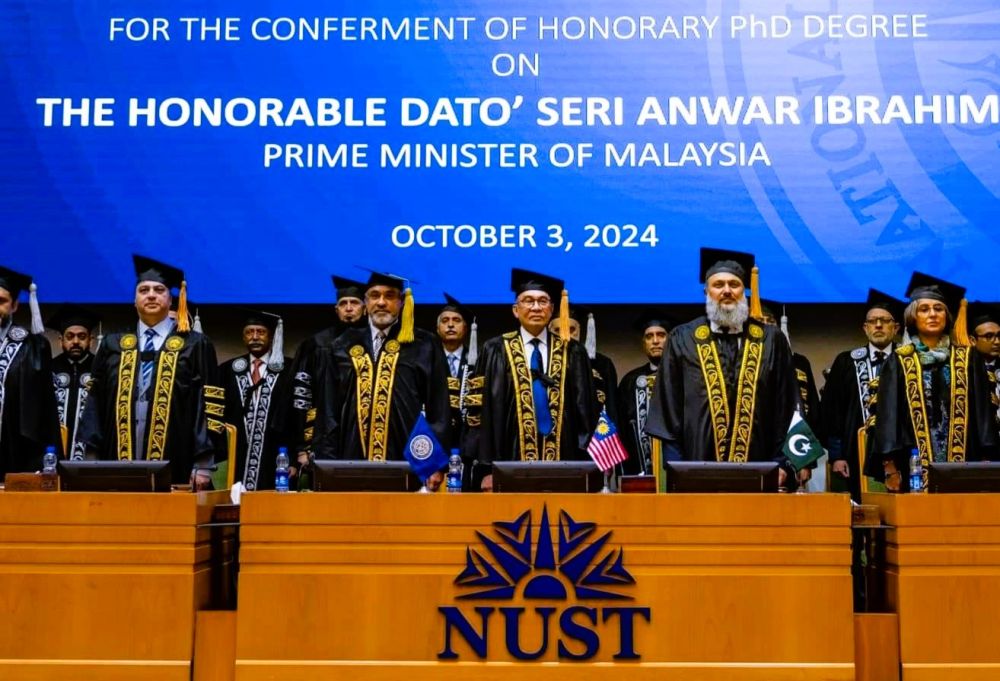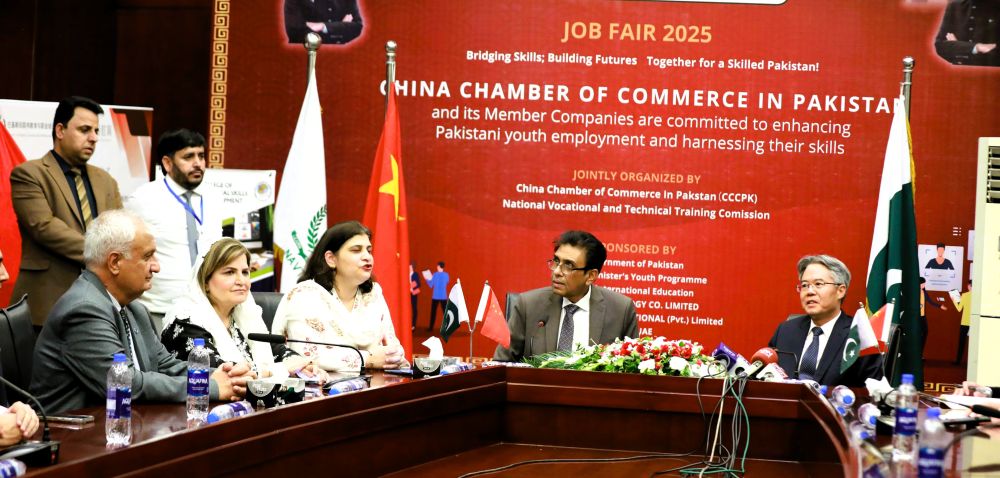High Tech Needs a Human Touch: Digital Skills Gap in the Tourism Industry
Posted 1 year ago
Editorial by: Prof. Dr. Muhammad Mukhtar
Rapid technological advancements have significantly impacted the tourism and hospitality industries, which are now at a pivotal crossroads. A scientific study across eight European countries has revealed critical insights into the digital skills chasm plaguing these sectors. The research, encompassing over 1,400 survey respondents and 264 interviewees, sheds light on the challenges and transformative opportunities ahead.
The study's central revelation is that the future of tourism is contingent on a dual mandate: the adoption of cutting-edge technologies and the preservation of personalized customer interactions. The findings underscore the urgent need for a workforce that is not only digitally fluent but also skilled in cultivating empathetic, bespoke guest experiences.
The research emphasizes that "at the heart of tomorrow's tourism industry "lies a mandate for digital talent and human-centric engagement. Key findings reveal a stark disparity between current skill sets and anticipated future needs. While skills such as online marketing, social media prowess, and data analytics are deemed crucial, gaps loom large in emerging domains like AI, robotics, and augmented reality.
Furthermore, the study identifies distinct clusters among respondents based on their perceived skill gaps, significantly influenced by company size, sector, and geographic location factors. This understanding highlights the heterogeneous landscape of digital readiness across Europe's tourism landscape.
The research underscores the pivotal role of education in shaping the next generation of tourism professionals. While traditional curricula provide a solid foundation, they need to evolve to foster self-learning capabilities and technical acumen that align with industry requirements. The research emphasizes that adapting and experiental learning will be crucial in navigating the ever-evolving digital landscape.
Moreover, the imperative for integrating e-business skills from online branding to cybersecurity is much needed. As artificial intelligence (AI), virtual reality (VR), and augmented reality (AR) technologies reshape consumer expectations, proficiency in crafting immersive, customized experiences will be indispensable. This shift towards experiential innovation necessitates a curriculum that bridges technical proficiency with a profound understanding of tourism's socio-economic and ethical dimensions.
"High Tech with a Human Touch" encapsulates this paradigm shift. It underscores a future where technology merges with empathetic service, fostering sustainable and meaningful connections with travelers. As the industry braces for unprecedented change, educational programs must train a skilled workforce equipped to navigate this new frontier.
Ultimately, the journey towards bridging the digital skills gap in tourism is not merely about technological mastery but about harnessing innovation to enrich human experiences. This research, poised at the intersection of data-driven foresight and industry imperatives, sets a vision for the evolution of tourism education and practice in the digital age.
In conclusion, the future of tourism belongs to those who can adeptly marry high-tech innovations with a distinctly human touch.
Additional Resources:





